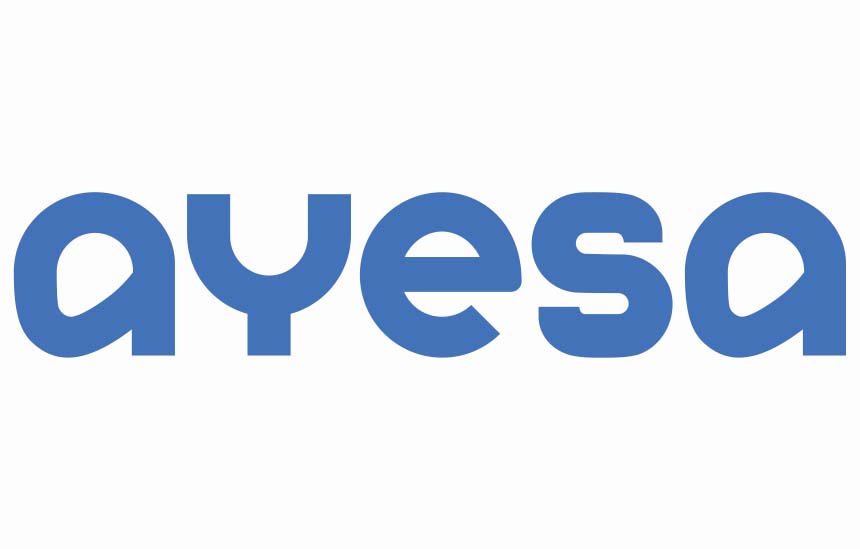The new infrastructure is set to benefit around 262,000 people across 51 municipalities.
A total of EUR 150 million will be invested in the project, which will involve new wastewater treatment plants based on innovative technology, such as ozone treatment, activated carbon filters and sludge lines.
The Guadiana River Basin Authority has recently awarded Ayesa three projects to expand the drinking water supply network in the province of Badajoz. The public entity is set to invest EUR 150 million in the new infrastructure, which is expected to benefit around 262,000 people in 51 municipalities. The project will run through to 2055, when demand for drinking water is expected to reach 21.3 million m3 a year.
Water shortages are an ongoing problem across Spain, made worse by scarce rainfall in certain regions such as Badajoz, which is a divided into the mancomunidades (associations of townships) of Los Molinos, Llerena, Tentudía and Jaime Ozores.
Although Spain’s National Water Plan has identified a series of emergency measures to be implemented here, to date only preliminary designs and studies have been undertaken. However, the aim of the Guadiana River Basin Authority is to design and build the water infrastructure needed by each province.
To do this, it has awarded Ayesa a contract, based on the company’s extensive technical and management capabilities. This will see it work on preliminary designs to improve the water supply to Los Molinos and the area around the Alange Reservoir. It will also design the infrastructure needed to connect the reservoirs and mancomunidades (associations of townships) of Los Molinos and Tentudía.
Ayesa will also analyse the needs of the areas in question and carry out studies of the existing infrastructure (reservoirs, water catchment systems, pumps, wastewater treatment plants, pipelines, etc.), as well as create a plan to ensure an optimal supply to the areas and assign supply points to each of them.
The project will see the construction of two new wastewater treatment plants with a capacity of 1200 and 1500 m3/hour respectively. Infrastructure will also be built to link Los Molinos and Villalba de Los Barros reservoirs, in addition to 170 km of pipelines. A total of EUR 150 million will be invested in the project by the Guadiana River Basin Authority.
Luis Castillo, Head of Water Infrastructure at Ayesa, explains: ‘This project will ensure a supply of drinking water to 51 municipalities in the central-southern area of Badajoz. To do this, a robust supply system will be built, designed to maximise the use of available resources. The two main sources of water will be the area’s two biggest reservoirs: Villalba and Los Molinos, which will be linked to make the system more flexible’.
Technology
The Water Supply Guarantee Study has been carried out using AquaTool+, a computer programme able to model complex water systems. The results generated accurately reflect the situation on the ground and show the flow of water through the system with considerable detail.
The solution also allows different scenarios and conditions to be modelled, something that enables all kinds of unforeseen circumstances that may arise over the course of the project to be anticipated and pre-empted. As such, the time scale of the studies undertaken runs through to 2055.
In terms of the design of the infrastructure, the two new wastewater treatment plants will feature innovative technology such as ozone treatment, activated carbon filters, sludge lines and process automation. BIM will also be used, something that will make make post-construction phases and operations much easier.
Ductile iron pipes and more efficient pumping systems will also be used as fibre cement pipes are incompatible with the existing infrastructure.
For the Head of Water Infrastructure, ‘this project will play an important role in improving our country’s infrastructure, modernising and strengthening our water supply networks and helping mitigate the effects of droughts, an ever-increasing problem, particularly in the south of Spain’.

